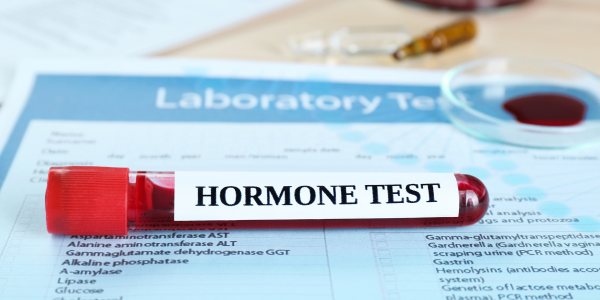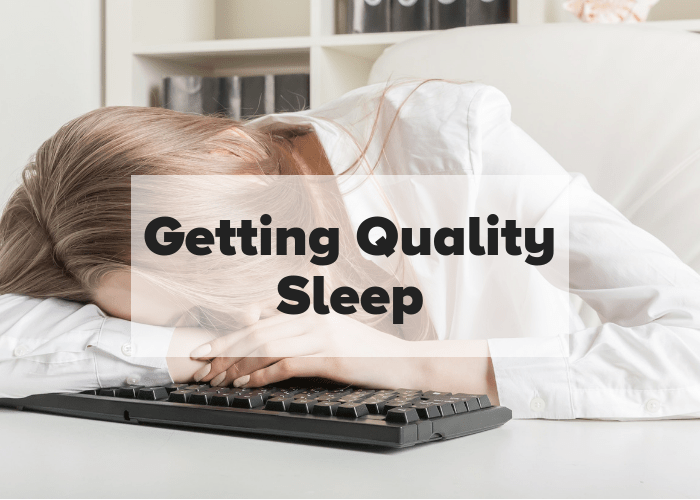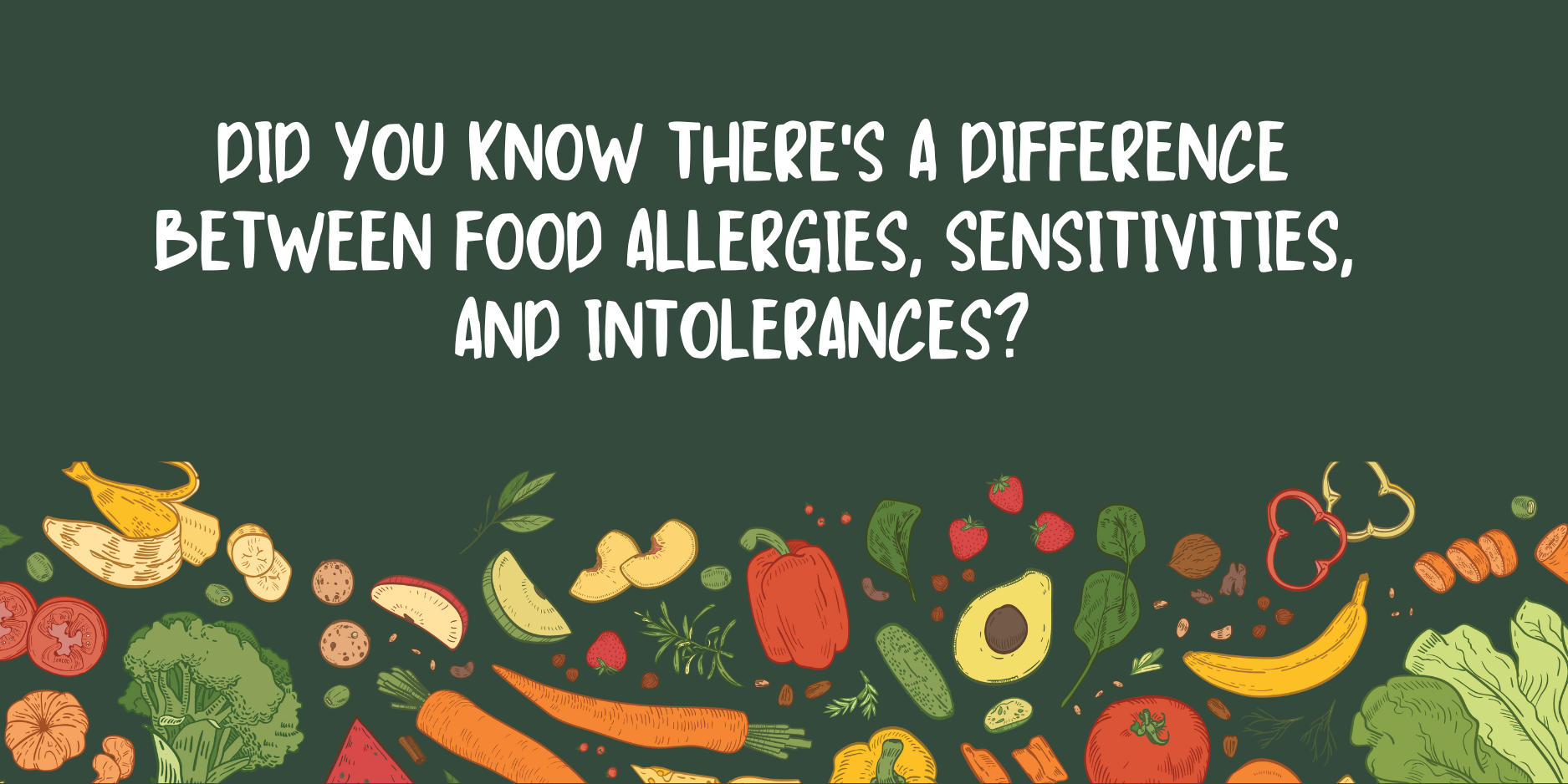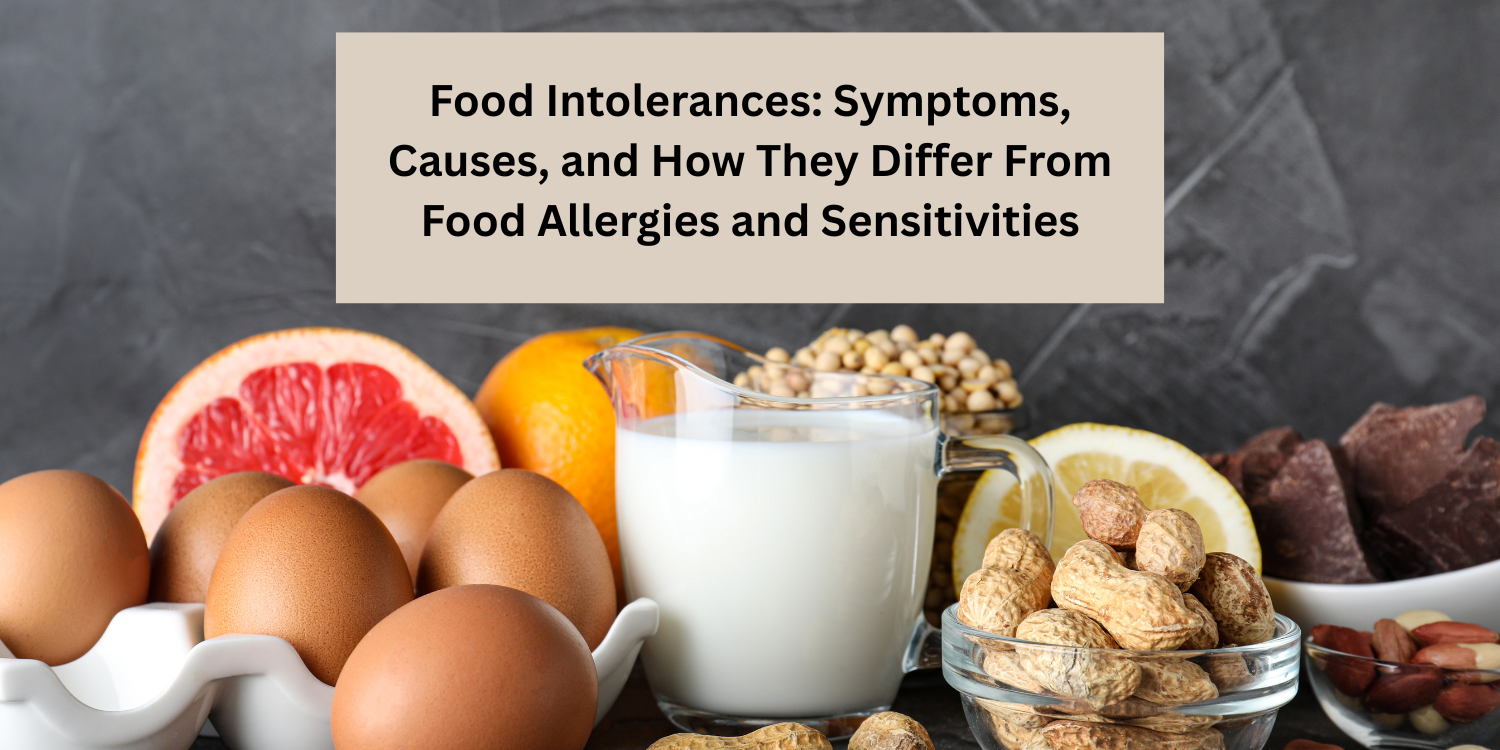

Hi. This is Dr. Emily Parke with your Health Minute for today. Today, I’d like to talk about the importance of getting enough good quality sleep, because not getting enough good quality sleep is a huge stress on the body and has a giant waterfall effect on many different areas.
Of course, we all know that we feel tired the next day if we don’t get enough good quality sleep. It can affect our mood, it can affect our food cravings, but it really can affect what’s going on in the HPA axia, the hypothalamic pituitary adrenal access. It can affect thyroid function and sex hormone function as well. Because of food cravings and changes in cortisol related to not getting enough good quality sleep, it can affect things like other health markers like your blood sugar and fasting insulin for example. We definitely want to make sure we’re getting enough good quality sleep.
The average person requires somewhere between seven and nine hours of sleep on average. Now, how do you know how much is good enough for you? Well, it’s the amount of sleep that when you wake up in the morning, you feel refreshed, like, “Ah, I feel good.” That is one of the easy ways to tell. If you want to start tracking your sleep, you can get some advanced sleep monitors that, for example, I have on the Oura ring that I’ve been using that I find to be extremely accurate and it gives very detailed data on sleep, which will help you be able to determine potentially what might be going wrong with your sleep or when you do get great quality deep sleep and enough REM sleep and so on. Then what did you do right so you can repeat that? So knowing the data can be really helpful at times.
But some of the biggest things that I see people doing that impedes them getting enough good quality sleep are things that are very easily correctable like not having your face in front of a screen for an hour or two before bed. In the evening time, if you’re having trouble sleeping, one of the best things you can do for yourself is limit that screen time, but also put on a pair of blue blocking glasses. There are several companies out there, several brands out there.
I have a pair of TrueDark glasses and I have a pair of Swanwick glasses. I use them in the evening time to help block out the blue light, which can be really helpful. Of course, right before bed you want to have kind of like a relaxation ritual, so you don’t want to be doing something really intense and then get into bed and expect to fall right asleep. That’s probably unrealistic, so you do want to kind of start shutting things down an hour or two before bed, make it a relaxing time for yourself.
Another mistake I see is eating or drinking too close to bed. Really, about two hours before bedtime you want to avoid food for sure. Of course, if you’re thirsty and you want to drink some water, go ahead. But just make sure it’s not a large volume because then of course you might be getting up to go to the bathroom in the night. Another thing I see is people doing activity too late in the evening as well. If you’re exercising, especially pretty intensely or doing something else that is stimulating, like for example, an infrared sauna session, too close to bed, then that is more likely to keep you up.
Those are some very easy sleep hacks that you can start to use. Other things that are important are your bedroom environment and making sure that your bedroom is as quiet as possible, as dark as possible. All those little red, green, blue lights that you have on devices that are in your room. You want to make sure you cover those, you want to make sure the temperature is cool, and that’s different for everybody, but generally somewhere between 72 and 74 degrees or less. A lot of the sleep studies that are saying below 70 degrees is more optimal.
And of course, you want to try and keep your electronic devices as far away from you as possible. For example, a lot of people sleep with their cell phones and whatnot right next to their head on the nightstand and it is actually a lot better for sleep to have it in a completely different room. Those are my tips for sleep. I hope you found this helpful. This is Dr. Emily Parke with your Health Minute for today.
Share:
Social Media
Most Popular Posts
Subscribe To Our Newsletter
Related Posts

Understanding the Essential Labs for Women on Hormone Replacement Therapy (HRT)
So what are the minimum labs we’re looking at when we do hormone replacement therapy? We obviously want to look at an estrogen level, so

How to figure out the right amount of HRT in women
What about checking lab values when you’re on hormone replacement therapy? I do find it to be helpful, but we also want to consider symptoms.

Did you know there’s a difference between food allergies, sensitivities, and intolerances?
Did you know that there’s a difference between food allergies, food sensitivities and food intolerances? Food allergies, the reactions tend to happen pretty immediately and

Food Intolerances: Symptoms, Causes, and How They Differ From Food Allergies and Sensitivities
Eating a wide variety of whole foods is a key way to ensure a nutrient-rich diet full of vitamins and minerals. But what happens when
